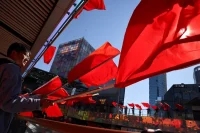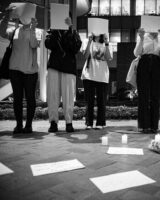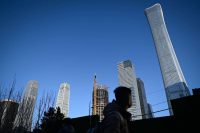
China’s Economic Turmoil Was Inevitable
As China’s economy steadily grew in recent decades, its advocates championed the country as an antithesis—and an antidote—to liberal economics and politics. This argument seemed credible as China grew rapidly under an autocratic and economically statist system. At the same time, the United States—that beacon of Western democracy—was suffering from economic and political sclerosis.
This contrast between the Chinese and U.S. systems, and their disparate performances, led to questions regarding the effectiveness of the Western model of free markets and liberal democracy. Perhaps, as some observers have argued—including, most recently, the economist Keyu Jin—the Chinese economic miracle could be evidence of an alternative playbook to that which enabled the West’s success.… Seguir leyendo »



